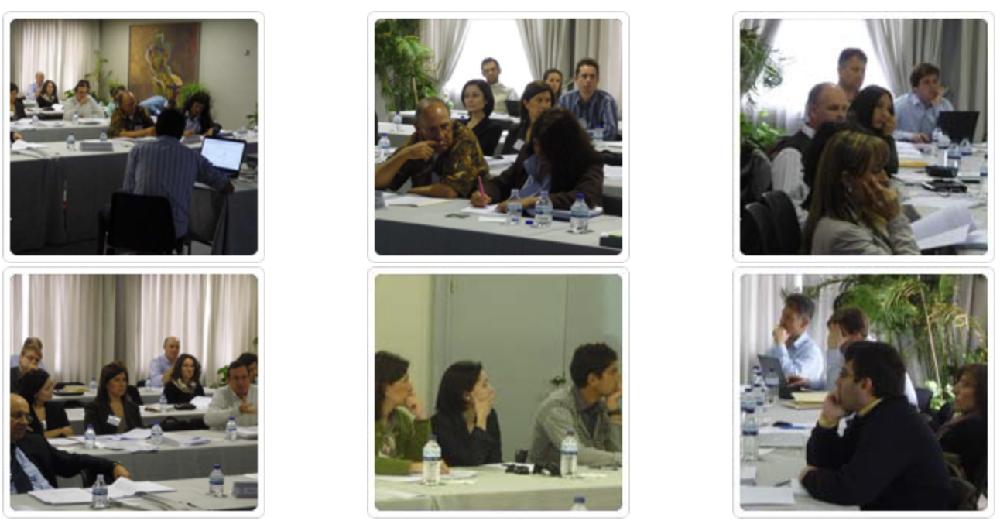Conference Tariffs in History
- "Figuerola" Institute of History and Social Sciences
- Investigación
- Programa integración económica y crecimiento
- Conference Tariffs in History

Instituto Figuerola, Universidad Carlos III Madrid, May 13-14, 2010
This conference is part of the activities of our Research Programme: Economic integration and growth.
At this moment, when we fear a trade backlash and a return to protection, it is urgent to promote a new reflection on such issues as commercial policy and economic crisis, or tariffs reactions and economic growth, from the point of view of what happened in the past. The complexity of reactions and growth performances during globalization crises call for the introduction of a long term, and geographically extended perspective on the role of tariffs and growth in history. Over the past decade or so, economists and economic historians have revisited conventional wisdom regarding commercial trade policy and these issues will be discussed in this Conference comparatively and over the long run.
SEE HERE A BRIEF RESUME OF THE EVENT
The Conference has tried to reconstruct and analyze the experience of trade liberalization and back to protectionism as well as its effects, both in Europe and out of Europe in the XIX and XX century. The experiences in the rich and poor Europe, the USA and Latin America, the Ottoman Empire, Asia or Australia have been analyzed by different studies of national cases or comparative analysis. The result advises to be cautious when generalizing in the explanation of both the protection causes and effects.
- See final report
- Ver Informe final.
The analyzed experiences show asymmetric results, and we are still far of being able to establish useful generalizations in terms of economic policy from the historical analysis of both the experiences of trade liberalization and the periods of protectionist reactions during the first globalization or after the Great Depression. The causes have to do with development level, institutional diversity and fiscal alternatives, but also with the trade policies autonomy or the possibility of developing expansive macroeconomic policies in crisis time. The different historical trajectories in terms of trade protection seem to have conditioned also in terms of economic policy the path of trade opening in the end of the XIX century or the new opening processes after the Second World War.
Organizers:
Giovanni Federico
(European University Institute)
Antonio Tena
(Carlos III and Instituto Figuerola)
Jeffrey Williamson
(Harvard University and University of Wisconsin)


